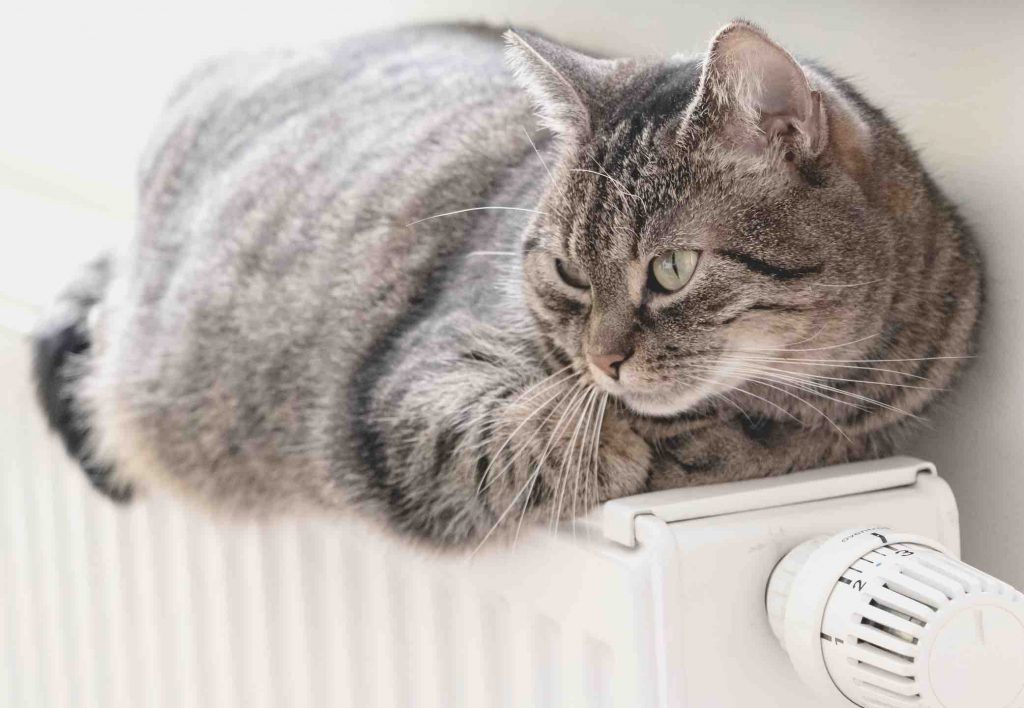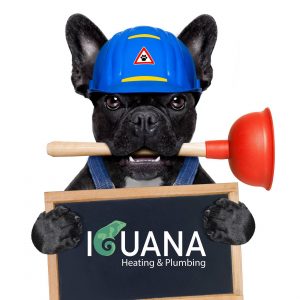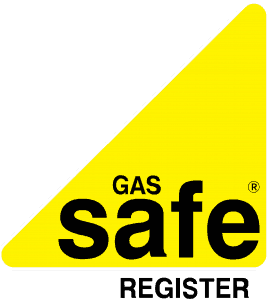If your radiators aren’t getting as hot as usual or there are cold patches at the top of them, it may be time to bleed them.
Having to bleed your radiators doesn’t automatically mean that there is a larger or more serious issue with your central heating, so don’t get on the phone to your engineer straight away. It’s something that needs doing from time to time to allow your heating system to do its job efficiently.
When do my radiators need bleeding?
It’s easy to tell when your radiators need bleeding:
- Is your radiator cold at the top? If so, this probably means it’s time to bleed it. The bubbles from trapped air rise and gather mostly towards the top end of your radiator, which causes it to be colder than the bottom half.
- Are there any damp patches or condensation surrounding your radiator or above it?
- Does your radiator make some funny noises when heating up? These creaky sounds are caused by the irregular air pressure causing vibration
How to bleed a radiator
Follow these steps:
- Turn the boiler on, and let it run for a few minutes.
- Get an old cloth and a radiator key.
- Protect carpet with plastic just in case it leaks
- Place the key in the valve and gently turn the key anti clockwise for a quarter of a turn holding the cloth underneath the key to catch any water that escapes.
- You will hear a hissing noise as the air comes out of the radiator.
- After awhile, the hissing will stop and water should start to come out of the radiator.
- Catch any excess water in the cloth.
- Turn the radiator key in the opposite direction to close the valve.
- Check the radiator that should now be hot all the way to the top.
After you’ve bled the radiators, check the boiler pressure gauge, as it is likely that the pressure will drop and you may need to re-fill your boiler.
Bleeding my radiators has made no difference?
You should only need to bleed your radiators very infrequently sometimes only yearly. However if you’re bleeding your radiators more than once every 3 months, you may have a more serious issue.
Check around your house for any leaks, around any radiators, the hot water cylinder (if you have one) and under the boiler.
If you can’t find any leaks and find a radiator cold at bottom, you may need your system flushing to reduce the build up of sludge. Over time, dirt naturally collects inside your boiler, within your pipes and at the bottom of your radiators – draining this dirty water away can allow the hot water to flow around your home with no restrictions






